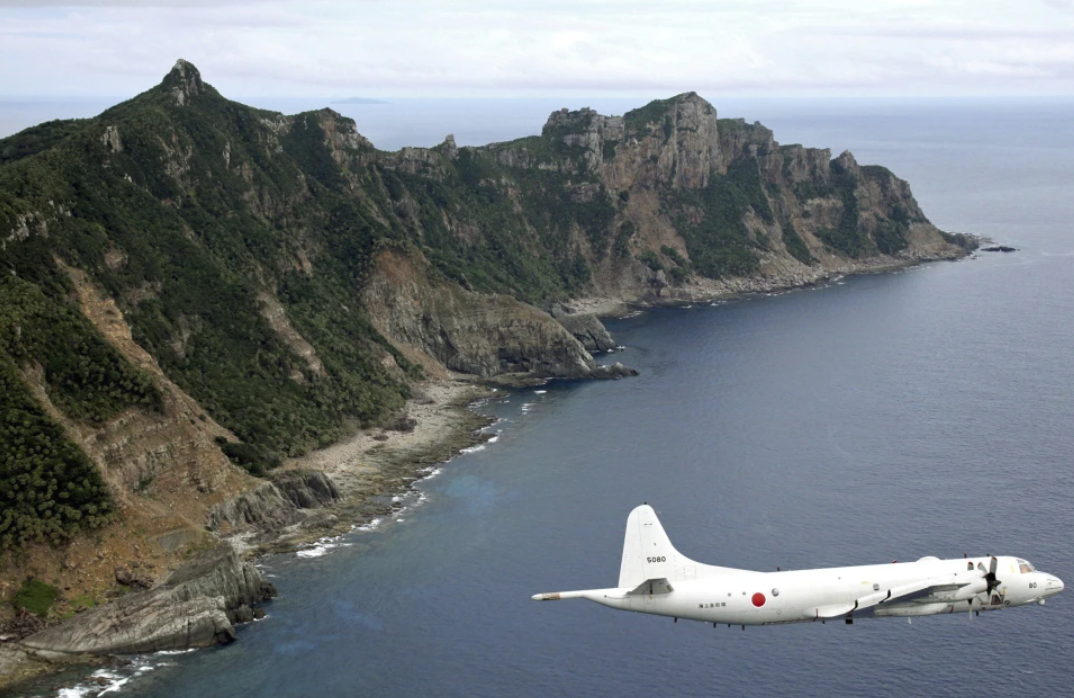Tensions have flared once again between Japan and China over disputed territory in the East China Sea, as both nations accuse each other of violating airspace near the contested islands controlled by Japan but also claimed by China.
Japan’s Foreign Ministry issued a strong protest to Beijing after a Chinese coast guard helicopter allegedly breached Japanese airspace for about 15 minutes on Saturday. The helicopter reportedly took off from one of four Chinese coast guard vessels that had entered waters around the Senkaku Islands, which Japan administers but China refers to as the Diaoyu Islands.
Calling the incident a serious infringement of Japan’s territorial airspace, Tokyo demanded that China take steps to prevent future occurrences. In response, Japan’s Self-Defense Force scrambled fighter jets to intercept the intrusion.
Meanwhile, China countered with its own protest, claiming that a Japanese civilian aircraft entered its airspace near the islands. The Chinese embassy in Tokyo issued a statement expressing “strong dissatisfaction” and accused Japan of violating China’s sovereignty. The China Coast Guard stated that it had taken “necessary control measures” and dispatched a helicopter to issue a warning and drive the Japanese aircraft away.
Japanese authorities are currently examining whether the two events—the Chinese helicopter’s intrusion and the presence of a Japanese civilian aircraft—were connected, as they occurred around the same time.
These islands have long been a flashpoint in Sino-Japanese relations, with China frequently sending coast guard vessels and aircraft into the surrounding area to assert its claim, prompting regular responses from Japan’s military. Saturday’s airspace violation is the first by China since a reconnaissance aircraft entered Japanese skies near Nagasaki last August. It also marks the third known Chinese airspace breach around the Senkaku Islands.
Despite signs of diplomatic thawing amid the ongoing U.S.-China trade conflict, this latest episode underscores the persistent tensions between the two nations over territorial and sovereignty issues.













